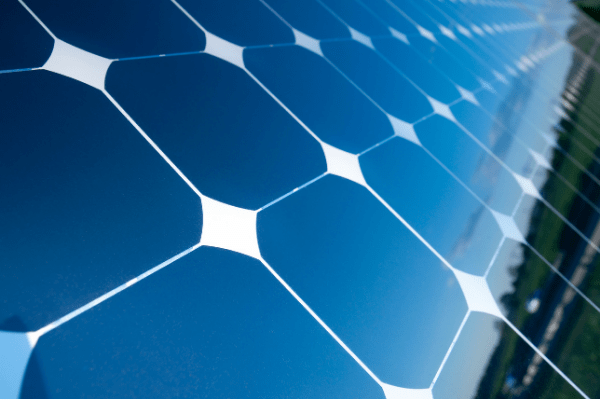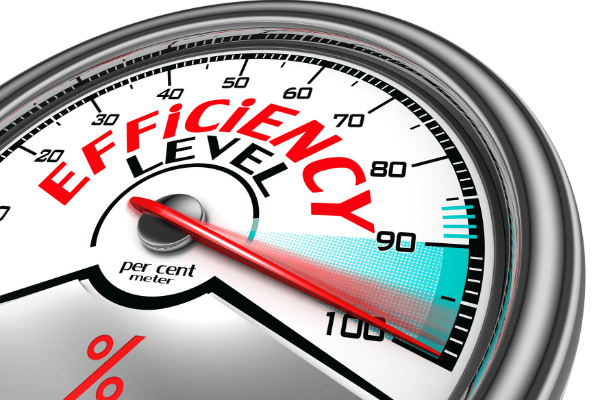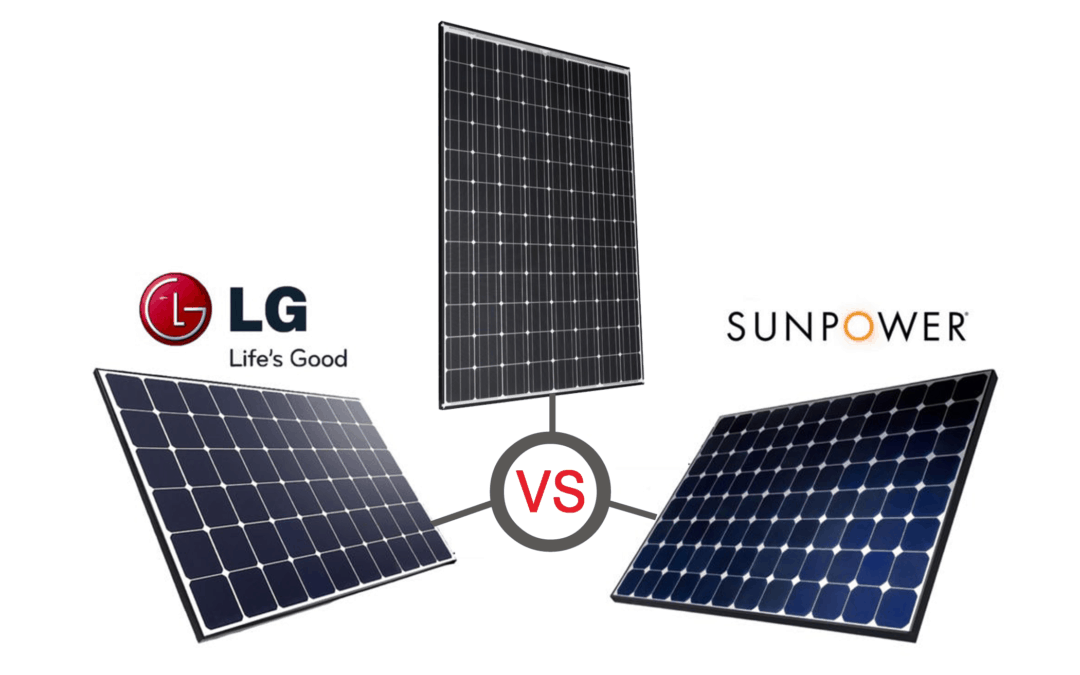The best solar panels have high efficiency, low degradation, and comprehensive warranties. Find out why companies like LG, Sunpower, and Panasonic rank high, and which company manufactures the best solar panel for your home solar system. Watch our Best Solar Panel video to learn the basics of what makes a great solar panel.
Best Solar Panel Manufacturers
Lg, Panasonic, & Sunpower. These manufacturers offer the best warranties and the best solar cell technology, along with financial stability. Not coincidentally, they’ve all been around for decades. Sunpower ranks the highest for best performance by a solar panel manufacturer.
UPDATE: Now that LG has left the solar panel manufacturing industry, our latest comparison of the best solar panels (as of 2023) is here.

UPDATE: LG Has Stopped Making Solar Panels
- LG: The company no longer makes solar panels or equipment. They plan to stand by their warranties for all solar equipment.
- Panasonic: HIT technology and excellent temperature coefficient make Panasonic solar panels the top performer in hot climates and conditions, like desert cities. They are celebrating their 101st year in business. Panasonic panels are less efficient than LG and Sunpower panels. If your roof space is limited, they aren’t the best choice because of that.
- Sunpower: While not a household name, Sunpower is the premier solar panel manufacturer. They offer the only complete all-in-one system in the industry. Over the years they have been the leader in setting the bar for high standards in efficiency, degradation, aesthetics, and warranty. It’s the gold standard, and their prices reflect that. Get a quote from an authorized Sunpower dealer if you want the very best solar that money can buy.
- REC: With LG out of the solar panel business, REC easily takes its place as one of the top three solar panels. With high-quality panels coupled with a low degradation and failure rate, plus high efficiency, REC is a solar stand-out.
| Brand | Product Warranty | Warrantied Year 25 output | Panel efficiency | Temp. coefficient | Avg. cost per watt |
|---|---|---|---|---|---|
| SunPower | 25 years | 92.00% | 22.8% | -0.29% / Celsius | $3.49 |
| LG | 25 years | 90.80% | 21.7% | -0.30% / Celsius | $3.43 |
| Panasonic | 25 years | 90.76% | 20.3% | -0.258% / Celsius | $3.44 |
Read our Ultimate Solar Guide to learn more about solar energy.
3 Key Factors to Rating Solar Panels
Most reviews of solar panels focus on efficiency, but there are two other important features that are important: Warranty and degradation. Let’s take a look at:
- The Solar Panel Warranty
- The efficiency of the Solar Panel
- Solar Panel Degradation
We didn’t list the factors by order of importance. Degradation and warranty are the most important to consider for long-term value.
1. The Warranty: What Does It Cover?
Solar panels come with two different types of warranties: An Equipment warranty and a Performance warranty. An Equipment warranty covers manufacturers’ defects, and a Performance warranty guarantees that the panel will produce a minimum amount of solar energy over the life of the system. The length and scope of the warranty are important. Look for a 25-year warranty; some companies offer 30 years.

Enhanced warranties, only available through “Authorized Installers,” will even cover shipping and the labor to install the replacement panels. This is an important benefit considering the expense of shipping and installing a solar panel. Be sure it’s all in writing… check the fine print.
The best warranty in the industry is the all-inclusive Sunpower Warranty. The SunPower Complete Confidence Warranty is the only home solar warranty to cover your whole system (not just the panels). See the details of the best warranty in the industry.
Panasonic has released the AllGuard Warranty, which covers everything, including the Enphase microinverters and the Unirac Racking. This is only available with the 330-watt AC modules with factory-mounted microinverters. See the details here.
The solar panel manufacturer holds the warranty, not the installer. The chances that your solar installer will be around in 25 years are slim. However, all tier-one solar panel manufacturers are financially stable. This is crucial, and factors into our list of Best Solar Panels for 2020.
2. What Is Solar Panel Efficiency?
The solar panel’s efficiency is the percentage of energy that a solar panel converts into electricity and has nothing to do with a panel’s size or wattage. Efficiency is measured in an area like a square inch. Higher efficiency panels produce more energy per square inch. Solar panels today have efficiencies ranging from 14% to 23 %. A panel’s efficiency is the primary consideration if your home has limited roof space or you’d like a smaller solar footprint on it.

Solar panel wattage is always increasing. Sunpower panels are highly efficient, and their wattage is over 400 watts. What does that mean to you? The best analogy is a light bulb: if you want 100 watts of light in your kitchen, you can use one 100 watt light bulb or four 25 watt light bulbs. The higher wattage of the panel can reduce the number of panels you need on your roof to offset your electric bill. Say you need a 12 kW system; you can get thirty 400 watt panels or forty 300 watt panels. A limited amount of good solar roof space would make the 400-watt panel system a must for you.
Does Solar Panel Efficiency Matter?
Most people don’t need to cover their roofs with solar panels to offset their electric bills. Efficiency isn’t important if there’s ample roof space. Remember, panel efficiency is only a primary concern if you have limited roof space relative to your power usage or want to minimize the number of panels on your roof. Factor 2, degradation, is critical to getting the best return on investment for your solar over time.
3. Degradation: Time’s Affect On Solar Panels

Degradation is the most critical factor when choosing a solar panel. Solar degradation is how much less power a panel produces over time. How much power will the panel produce 25 years from now? It’s much like aging; we all slow down a bit. Panel manufacturers state in their warranty how much power the panel will produce after a set number of years. The best panels will produce over 90% of their initial power output after 25 years. Average solar panels will produce 80% or less over that period, producing less energy yearly.
Assuming utility rates continue to rise as they have done historically, it’s crucial that in 25 years your system is generating as much solar power as is possible to offset those higher rates. Panels with the lowest degradation cost more upfront. Over time they produce more power and have a better return on investment.
Degradation is not critical if you plan to sell your home in 10 years or less. Also, the quality of the solar installation is important.
Solar Panel Aesthetics

The quality of your installation affects the look of the solar system, and you can read about How To Pick The Best Solar Company for your installation. The solar panel’s visual look plays a part in your system’s attractiveness. All HOAs require attractive black frames, not silver or aluminum). This is to protect the curb appeal of the neighborhood. Most solar panels have black frames; verify this with your salesperson. Commercial jobs, metal roofs, some flat roofs, and some ground-mounted systems use silver-framed solar panels.
A solar panel’s color and the finish of its face determine its look. There are two options available. Black on Black is the most attractive. Black with a white back-sheet (White Diamonds or Stripes) is the most common. There may be visible copper busbars on the front, even on all-black panels. You’ll usually pay a premium for black panels. The most expensive panels have copper on the back of the panel, creating a solid black, plasma tv look on the front. Compare the looks of the premium panels below.
What Are The Best Solar Panels?
All three solar panels are great choices. Sunpower is the best but costs a little more than LG & Panasonic. There are other notable solar panel manufacturers like REC, Q-Cells, and Solaria. Be sure to read our comprehensive review of SunPower solar panels and the 7 biggest mistakes to avoid when going solar.

